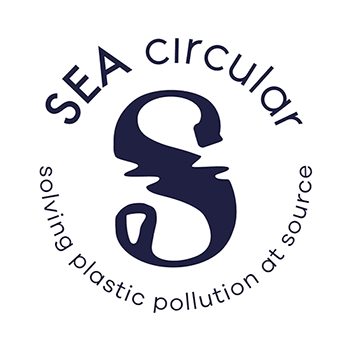
As a COBSEA participating country, the Republic of Korea is a knowledge partner for SEA circular. The Republic of Korea has developed policies, initiatives, coordinated processes, scientific data and research which SEA circular will utilize to advance regional action and knowledge exchange.
Causes and challenges
South Korea is one of the world’s biggest plastic consumers. Municipal solid waste management is a challenge, with the Ministry of Environment claiming that there are 1.2 million tons of illegally abandoned waste across South Korea. As a consequence, marine litter has become a serious environmental, economic and social problem. The fishery industry has been particularly effected.
Korea aims to deal with waste produced in the country through recycling, processing into fuel, or incineration. However, due to tightened regulations on waste-to-energy plants and waste incineration facilities, the number of incineration facilities has fallen significantly. Excess waste is frequently exported and can end up polluting neighbouring countries in South-East Asia.
Ways Forward
Since the late 1990’s, the South Korean government has initiated research and development of integrated management strategies and guidelines to prevent marine litter at the national level. This includes a survey of ports and other coastal regions of Korea and activities for marine litter clean-up.
Initiatives are underway for the prevention of plastic litter entering the coastal environments especially from the land-based sources. Other advances are underway to promote a more circular economy.
Download SEA circular Country Profile for South Korea for more information

